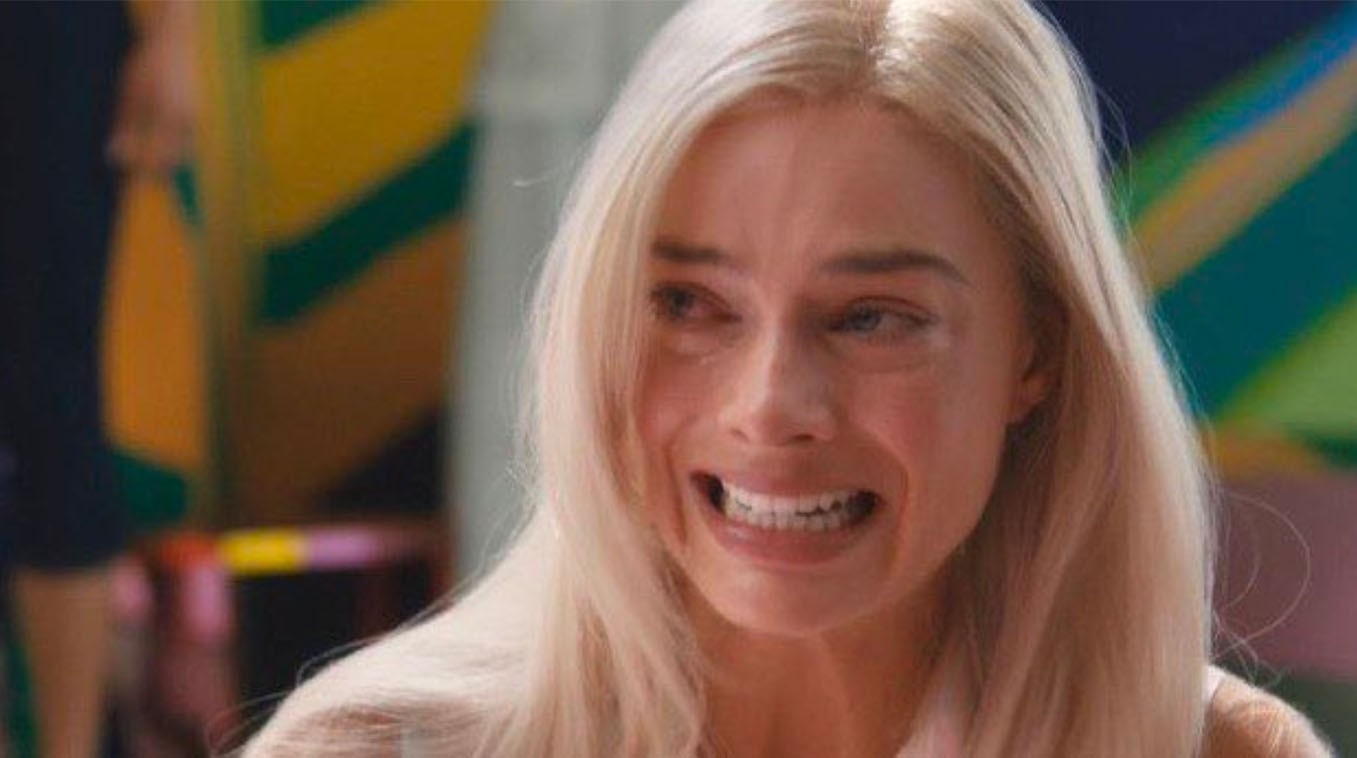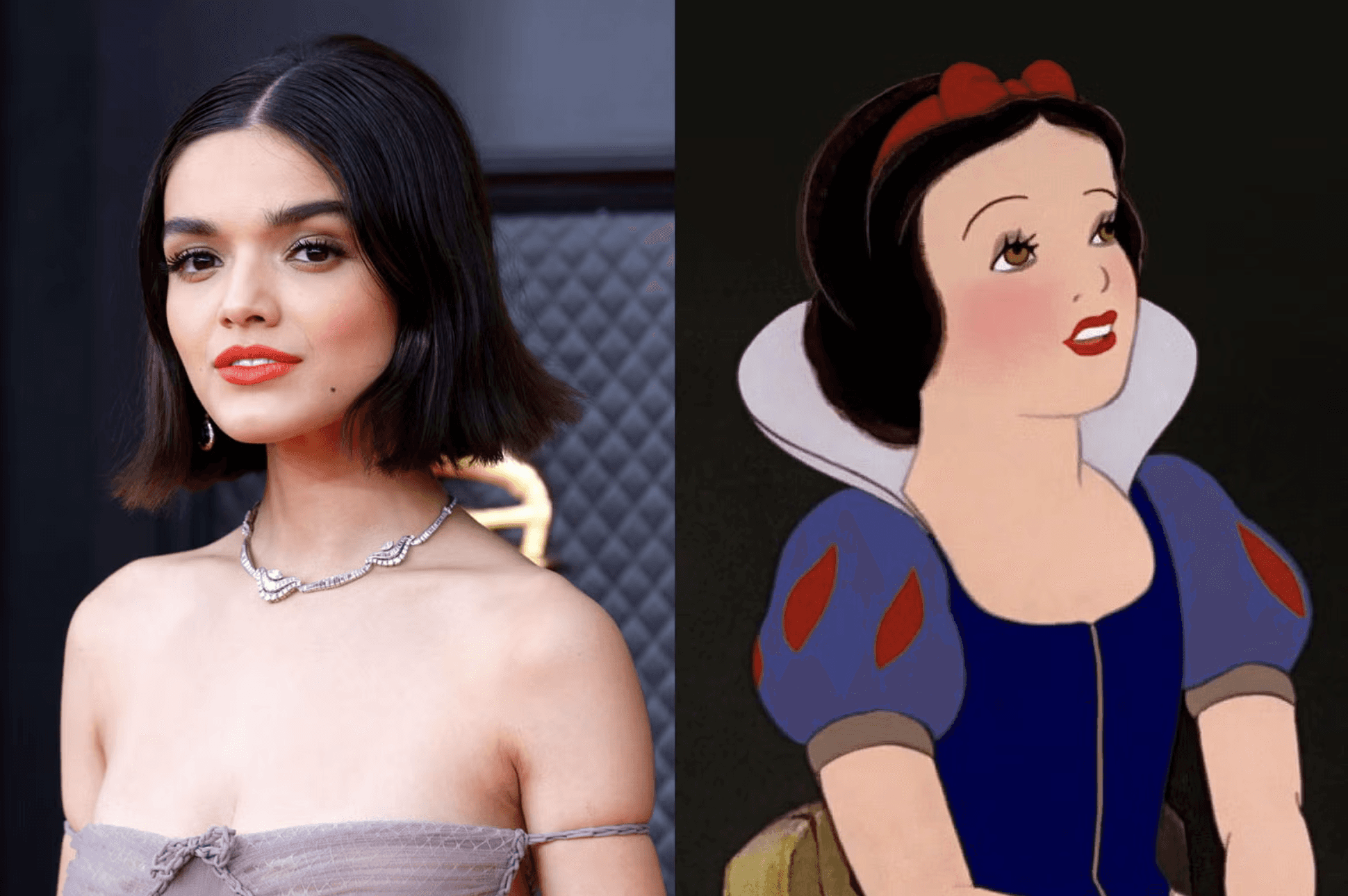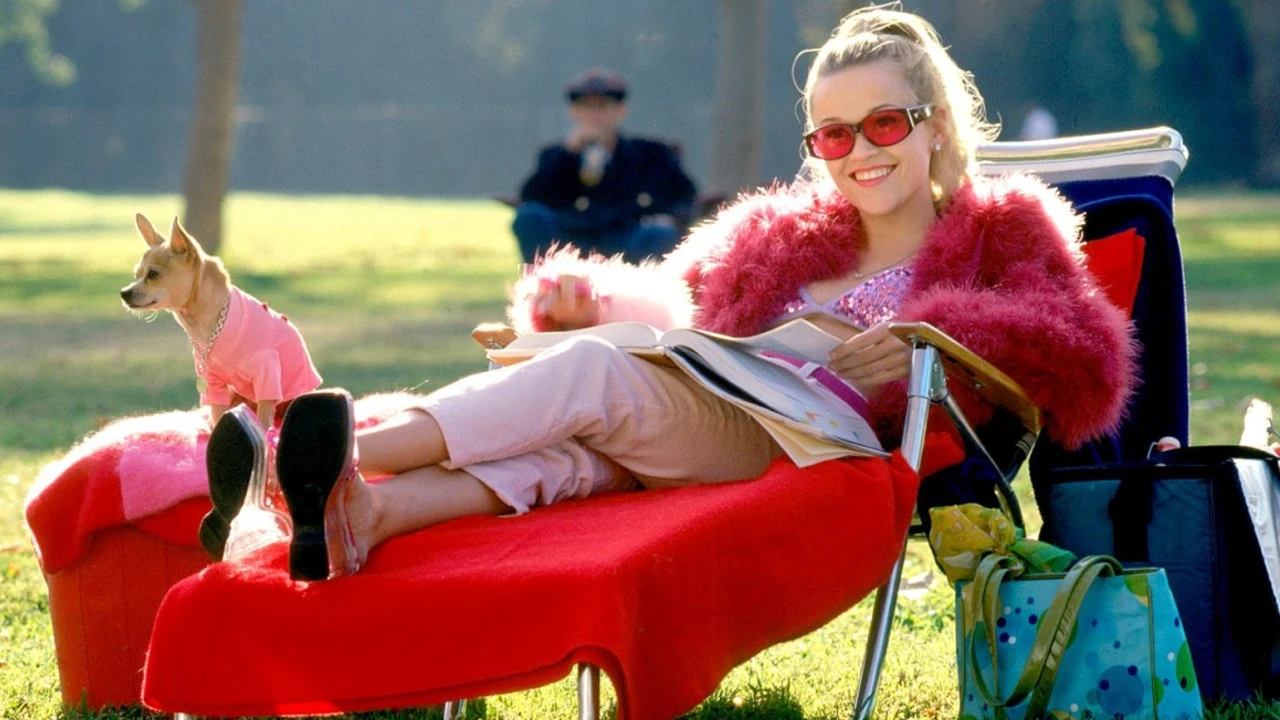The Kickassification of Women in Media
In our quest for strong female characters, are we harming real women?
August 18, 2023
Laura Clarke
I may or may not have watched Barbie three times in the cinema, and I may or may not be fighting the urge to go a fourth time…
Simply put, I loved Barbie. It was by no means perfect (am I a criminal for saying that they could have scaled down the number of characters and used that time to tighten up the plot? 😬), but I know it's a film I'll come back to on the days I need it most — sick days on the sofa or just whenever I need a good cry. It felt equally refreshing and nostalgic — a triumph of modern day feminism with all the vibes of an early-00s sleepover film.
And I, like many, felt the gut punch that was America Ferrera's monologue on the impossibility and contradiction of womanhood. Did it say anything I hadn't heard 100 times before? No. But what it did do was give me permission to feel the enormous weight of it all. If women let our true emotions bubble up every time we were made to feel uncomfortable, or undermined, or misunderstood, we'd never get anything done. So we roll our eyes. Or exclaim "I hate men" for the millionth time. And then we watch Barbie, and we are gifted a safe space to let it all out.
I, and so many other women, feel the ache of not being good enough every. single. day.

I first declared myself a feminist at 18. Feminism felt like a space where women could finally acknowledge the immense pressures we're under to be the perfect model of femininity, and toss that out. We could be strong, or brave, or determined or any adjective typically reserved for rich, white men. And so what if it made us unsightly?
Since then, in the last decade, something has shifted. Feminism has become more mainstream. The fact that Barbie has become a blockbuster hit is proof of this. More and more people identify as feminists, film and TV roles for women are becoming less traditional, and being a #GirlBoss is all the rage. In the words of Barbie, "we fixed everything so all women are happy". Right?
Well. Last week, in an interview for the live-action remake of Disney's Snow White, lead actress Rachel Zegler described the changes they were making to the original character. In this version, Snow White "won't be saved by the prince, and she won't be dreaming about true love... she's dreaming about being a leader." And BOY did this cause an outcry with thousands piling onto Zegler on social media, claiming that, by saying this, she's shaming women who do seek love or relationships.
And while I condemn any attack on Zegler, who is ultimately just vocalising character choices made by a team of writers, I am glad that we've opened up this discussion.

When something becomes popular, it becomes profitable. This is exactly what has happened with feminism. Feminism has become a marketing tool, a branch of capitalism, so much so that feminist advertising has its own term — “femvertising”. We begged for strong female characters and gave our money to the films that finally represented women as anything other than sex objects or mothers, and the film industry saw dollar signs. And lo and behold, suddenly every woman in a film aimed at female audiences is a kickass, girlboss, crime-fighting superhero.
And if that's strength, then "dreaming about true love" must be weak and archaic.
As an out and proud feminist, I've witnessed people act surprised when I say that my main goal in life is to be a mother, or that I've taken my husband's last name, or that most of my favourite films are Disney Princess movies. "But… but… you're a feminist?"
Somewhere along the way, we've forgotten that feminism is about choice. It's also about recognising that women are deeply complex and can't be squashed into a stereotype — the gentle mother, the manic pixie dream girl or the pencil-skirt-wearing boss babe. We are as varied, as interesting, and as contradictory as anyone else. Some of us want a family, others want a career, and many want both, but we all want the choice.
Feminism isn't about being the most progressive, stereotypically masculine, unconventional woman you can be. And it's certainly not about condemning the stereotypically feminine or viewing it as less-than. In Little Women, Jo dreams of adventure, ambition, and career while her sister Meg dreams of a house and a husband. To which Meg tells Jo, "just because my dreams are different than yours, it doesn't mean they're unimportant."
For this reason, I believe that Legally Blonde (2001) was a film incredibly ahead of its time. At the time, most stereotypically beautiful and feminine female characters were also either one or more of the following: dumb, mean, or viewed through the male gaze. Elle Woods cares deeply about fashion and hair, all while graduating from Harvard Law and being absolutely delightful to everyone around her. The romance she finds is merely one part of her story, not her singular defining achievement.

I don't particularly want to be a high-flying corporate businesswoman, nor a superhero, nor a warrior. I want children, and a partner and a career where I can make my voice heard. To quote Taylor Swift (which I do often), “I want to wear pink and tell you how I feel about politics.”
I want to see more media that depicts women as the complicated people we are, even if sometimes that means telling a story that seems "less feminist" on paper. I saw a pretty cool film recently which begged the question, "what about Ordinary Barbie?"
To see more posts from My Body & Yours, check out our blog.
For more sex and relationships content, follow My Body & Yours on Instagram (@mybodyandyours)
